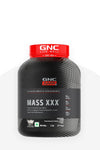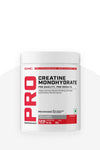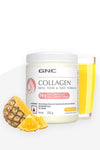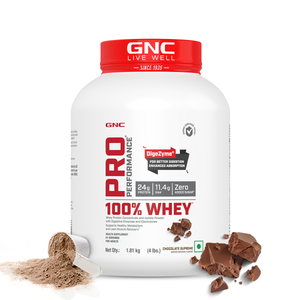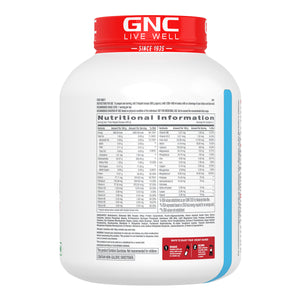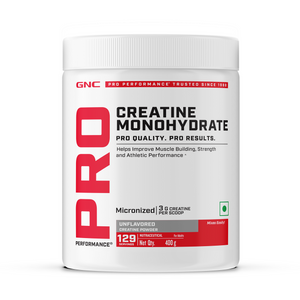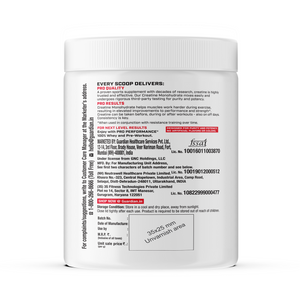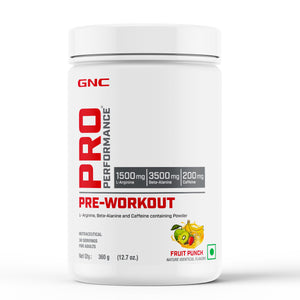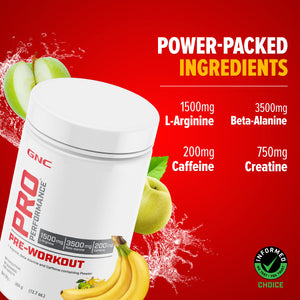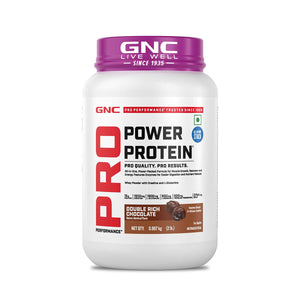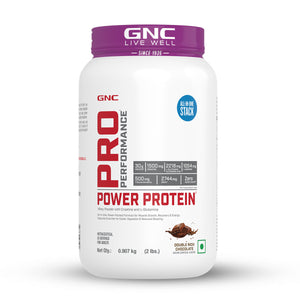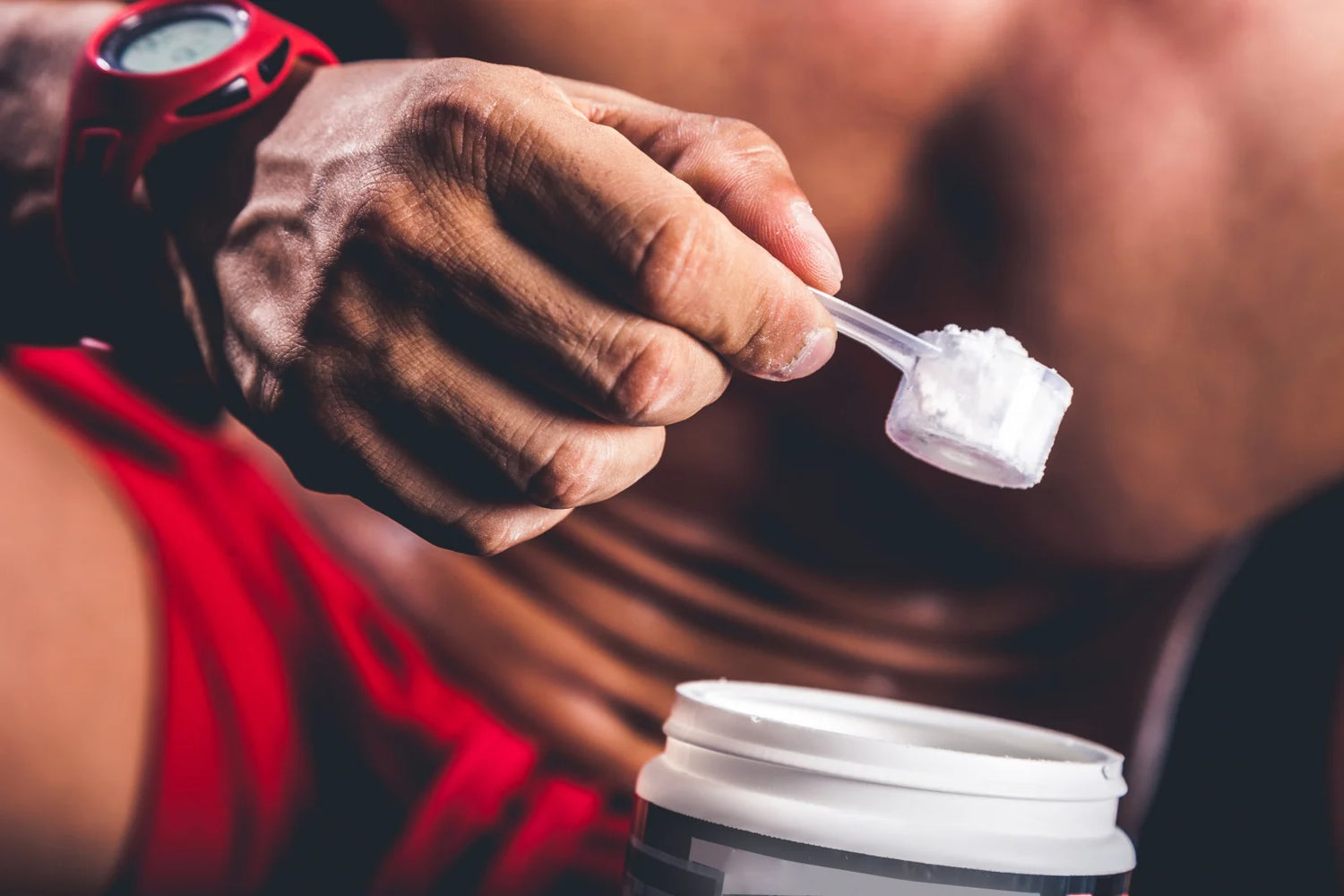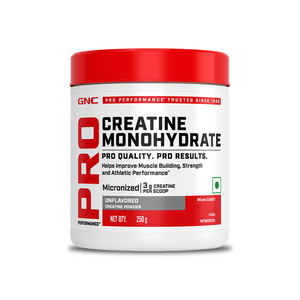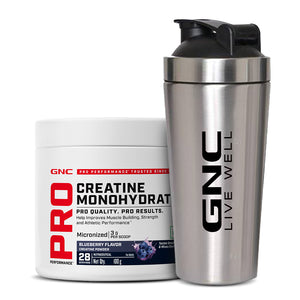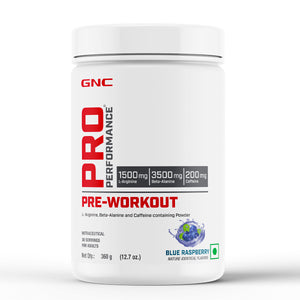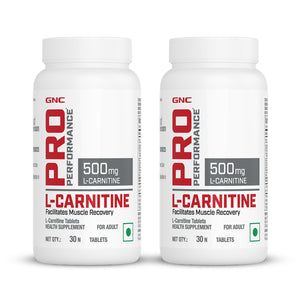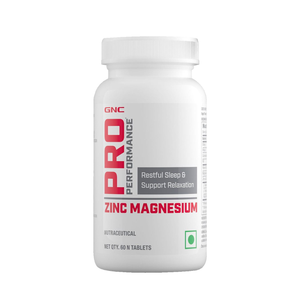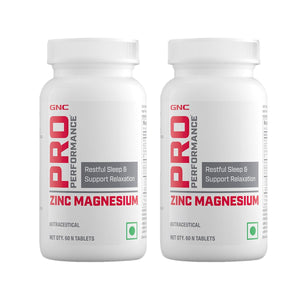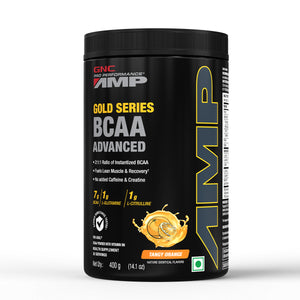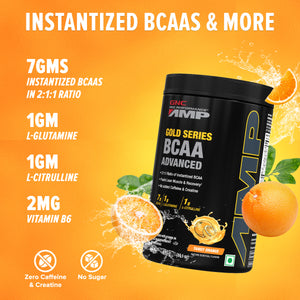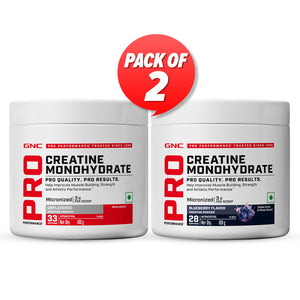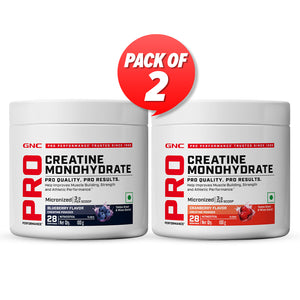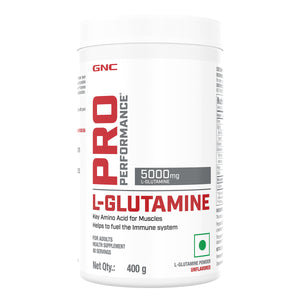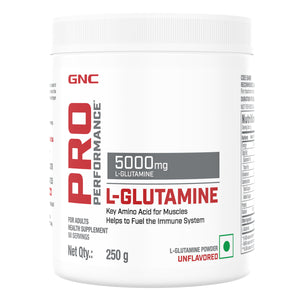
What is Glutamine?
Glutamine is the most abundant amino acid in the blood and in the free amino acid pool (about 60%) of skeletal muscle. Muscle is the primary storehouse or reservoir of glutamine. It is also found in the liver, lungs, brain and blood plasma.
Why is Glutamine termed as “Conditionally Essential” and how important it is?
Glutamine was originally classified as a non-essential amino acid because the body can synthesize it from the amino acid glutamic acid or glutamate. But it was later labeled as a “Conditionally Essential” amino acid because, under conditions of stress such as trauma, intense exercise, the body’s requirement of glutamine is so high that it cannot be met by its slow rate of synthesis.
This usually happens towards the end of a workout, when muscle breakdown is high and glutamine levels are completed depleted.
Glutamine depletion due to exercise can be seen in the immunity experienced towards the end and after a workout/intense training, making the body totally vulnerable to even low-grade infections.
Hence, the glutamine rapidly used as a fuel and for other functions needs to be immediately replenished from an external source. If not taken, muscle catabolism will occur. It is also required for protein synthesis, muscle repair and growth.
Apart from many roles, Glutamine plays an essential role in improving immunity and acts as an anti-catabolic effect in sports person:
-
Helps improve immunity: One of the important reasons for athletes to take glutamine supplementation is to maintain their immunity levels post-workout. Various cells of the immune system such as white blood cells, lymphocytes, and macrophages depend on glutamine as a primary source. During intense or prolonged exercise, glutamine levels in the blood tend to decrease up to 35 – 40%. If adequate glutamine is not replenished post-workout, the immune system may be compromised for a longer period and contribute to a greater incidence of infections.
Glutamine levels depleted with each training session cannot be replenished to pre-training levels and each session further lowers glutamine levels in the body leading to both muscle loss and a weakened immune system.
Hence, it is very clear now that glutamine supplementation is a must for athletes who engage in the intense or prolonged activity.
- Anti-Catabolic Effect:
Glutamine is especially known for its strong anti-catabolic effect by its two actions:
- It neutralizes the catabolic effect of cortisol:
Cortisol is commonly known as “Stress Hormone” as its levels increase greatly during periods of stress and thus putting stress on working muscles. To effectively reduce or neutralize muscle breakdown induced by cortisol, glutamine supplementation is a must which increases glutamine concentration in the muscle cell, and thus inhibits the glutamine synthetase enzyme – responsible for the breakdown and thus effectively serves to reduce or neutralize muscle breakdown induced by cortisol.
- Anabolic Effect:
Glutamine supplementation also contributes to an anabolic effect. It acts as a cell hydrating agent by drawing water into the muscle cell and increasing its cell volume. This acts as a metabolic signal for cellular anabolism, promoting an increase in protein synthesis. On the other hand, a loss of water from the muscle cells leads to cell shrinkage, which signals greater cellular catabolism. This again re-emphasizes the importance of maintaining a good hydration status for greater anabolism.
Supplementing Glutamine is very essential, but make sure to check the label before you buy it. Glutamine in the form of L-glutamine is the most effective one as per the research. GNC has a wide range of L-glutamine which is found in the form of powder and capsules.



